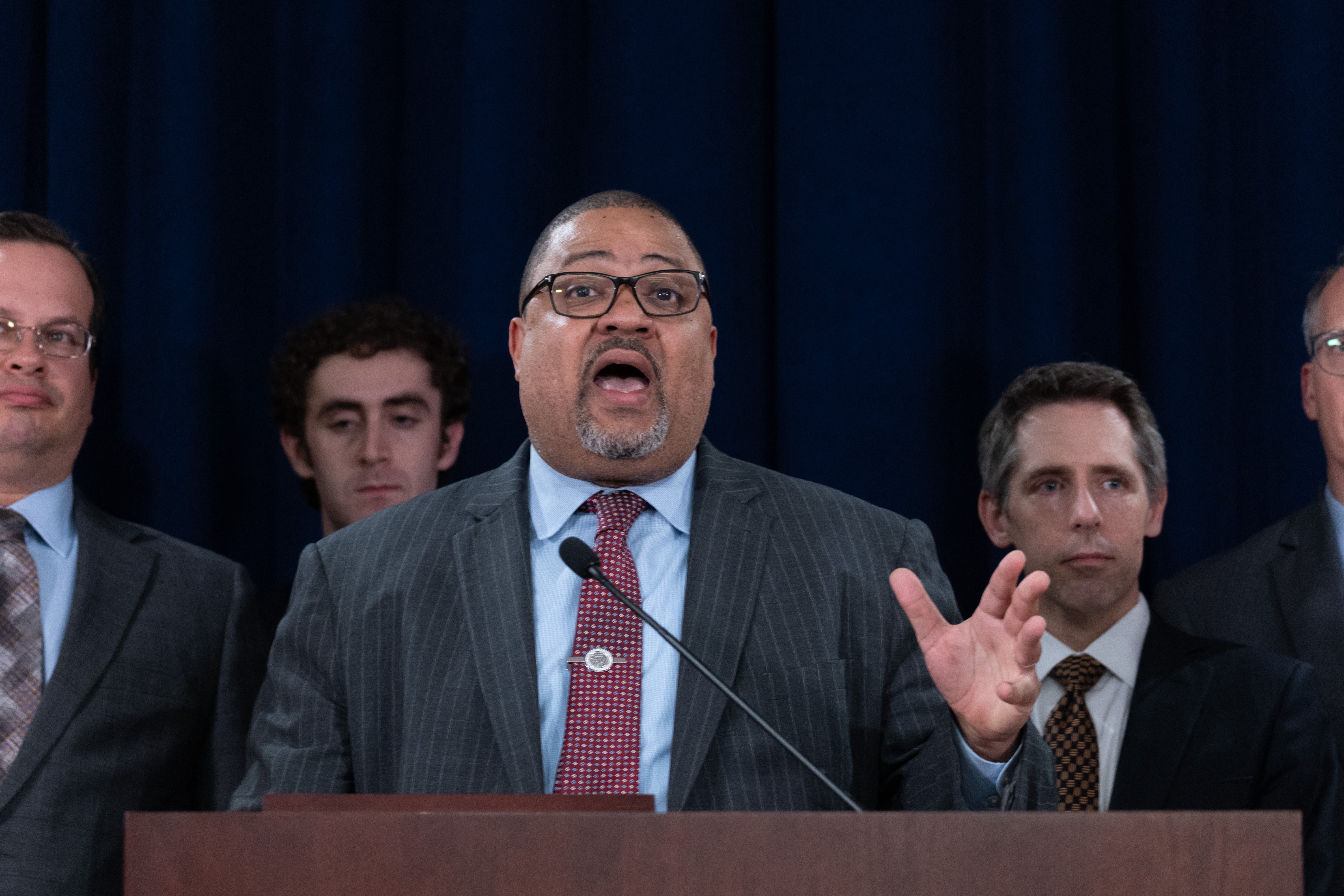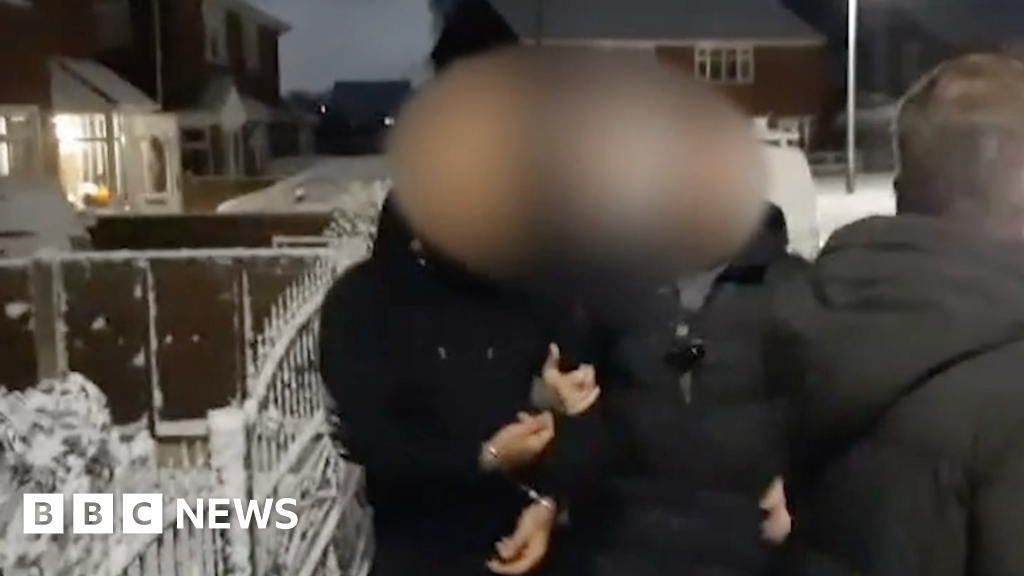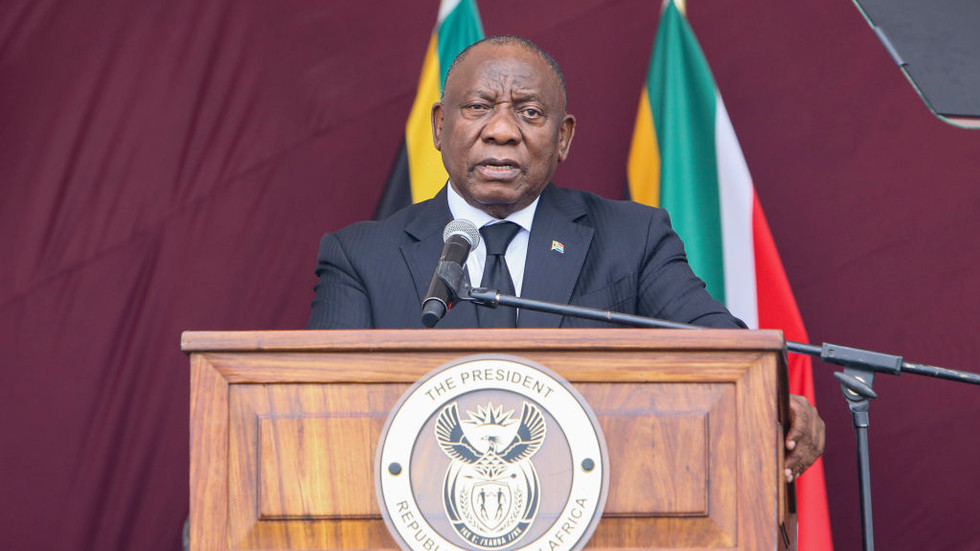
Sign up for the daily Inside Washington email for exclusive US coverage and analysis sent to your inbox
Get our free Inside Washington email
Manhattan District Attorney Alvin Bragg indicated on Friday that he’s willing to partially lift Donald Trump’s gag order in his hush money trial, but slammed the former president for his “patent disrespect” for the rule of law and warned the trial judge of credible bomb threats made against people involved in the case.
Trump — who is blocked from publicly attacking witnesses, jurors and other parties in the case, excluding Bragg and Justice Juan Merchan — has asked the judge to lift the gag order entirely, now that the criminal trial has come to an end with guilty verdicts on all 34 counts against him.
In a filing on Friday, Bragg said his office agrees that the gag order can be amended to lift the restrictions against trial witnesses — but that’s as far as he will go.
There is “no basis whatsoever” to let Trump attack attorneys and court staff and their families who are protected under the gag order, according to prosecutors with Bragg’s office.
Trump has repeatedly used his Truth Social account to rage against the case, witnesses Michael Cohen and Stormy Daniels, the judge and prosecutors, which have fueled harassing and threatening messages aimed at attorneys, court staff and their families, according to law enforcement.
Investigators with the New York City Police Department have logged dozens of “actionable threats” against the district attorney, his family and staff since Trump was indicted, including 56 that were made in April, May and June of this year.
The office has also received “nearly 500 threatening emails and phone calls” since April, the month that the trial started, according to the DA’s office. That includes bomb threats to two people involved in the case on April 15, the first day of the trial.
One post disclosed the home address of a Manhattan prosecutor, and another depicted “sniper sights” on “people involved in this case or a family member of such a person.”
Threats warned prosecutors “we will kill you all” and that they should “be in witness protection” and “your life is done,” according to Bragg’s office.

But prosecutors agree that restrictions against Trump’s statements about trial witnesses “no longer [need] to be enforced.”
“This change of circumstance does not mean that [the] defendant has carte blanche to resume his reprehensible practice of publicly attacking individuals involved in litigation against him,” prosecutors wrote.
Prosecutors also shot back at Trump’s false claims that the office was working in concert with President Joe Biden and a “cast of associates” to pursue the New York case against him.
“Defendant offers no factual basis for this assertion, and there is none: the claim is a lie,” prosecutors wrote.
“These knowing falsehoods are just the latest examples of defendant’s patent disrespect for the rule of law and the impartial administration of justice,” they wrote. “As [Trump’s] continued conduct makes clear, the need to protect participants in this criminal proceeding and the integrity of the criminal justice process from [his] attacks remains critically important.”
Trump is scheduled to be sentenced on July 11. It is unlikely he will face jail time but could face up to four years in state prison, probation, and fines, or some combination of those sentences.
Throughout the course of the trial, Tump was fined $10,000 for 10 statements posted on Truth Social directed at witnesses and the jury during the trial, and Judge Merchan threatened him with jail if he continued to violate the terms of the order.
“The magnitude of such a decision is not lost on me,” he told Trump last month.
“But at the end of the day I have a job to do, and part of that job is to protect the dignity of the justice system,” he said. “Your continued violations … threaten to interfere with the administration of justice, and constitute a direct attack on the rule of law.”
This week, New York’s highest appeals court rejected Trump’s demand for a swift appeal of a court ruling that shot down his claims that that the gag order violates his First Amendment rights.
A decision from the New York Court of Appeals on Tuesday said that “no substantial constitutional question is directly involved” in his challenge to the gag order.

 5 months ago
17
5 months ago
17








